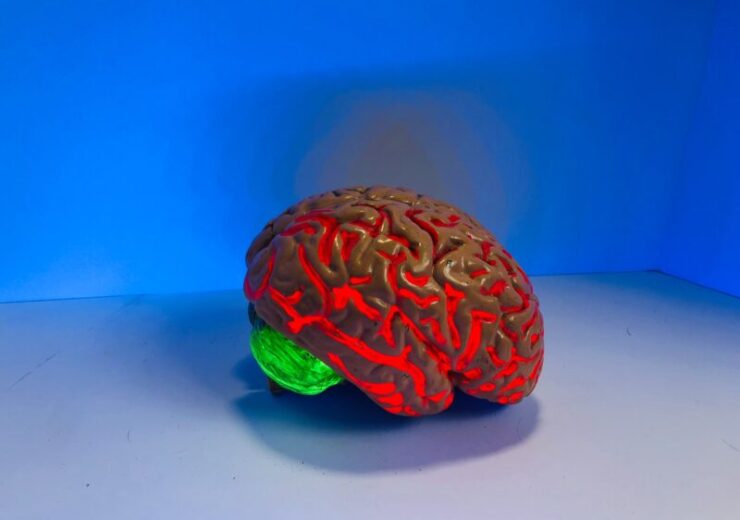The American neurotechnology company has secured approval from the reviewing independent institutional review board and its first hospital site to begin the recruitment for the PRIME Study

Neuralink to begin enrolment for brain implant clinical trial. (Credit: Natasha Connell on Unsplash)
Neuralink, the brain-chip startup of Elon Musk, has announced its plans to start recruitment for the first-in-human (FIH) clinical trial of its brain-computer interface (BCI) implant.
US-based Neuralink has secured approval from the reviewing independent institutional review board and its first hospital site to begin the recruitment for the PRIME (Precise Robotically Implanted Brain-Computer Interface) Study.
PRIME is an investigational medical device trial of the brain-chip startup’s fully implantable, wireless BCI implant for paralysis patients.
The study intends to assess the initial functionality of BCI for enabling paralysed persons to operate external devices with their thoughts, as well as the safety of implant (N1) and surgical robot (R1).
According to Neuralink, people who have quadriplegia due to cervical spinal cord injury or amyotrophic lateral sclerosis (ALS) are eligible for the recruitment.
The American neurotechnology company did not reveal any information about the number of enrolled participants in the trial, which will take around six years to conclude.
During the PRIME trial, the ultra-fine and flexible threads of the N1 Implant will be surgically implanted in an area of the brain that regulates movement intention. The R1 Robot will be used to carry out this procedure.
The N1 Implant, which is cosmetically invisible once implanted, is designed to capture and wirelessly transmit brain impulses to an app that decodes movement intention.
Neuralink’s BCI’s primary objective is to enable people to operate a computer cursor or keyboard just with their thoughts.
The PRIME Study is being carried out under the experimental device exemption (IDE) granted by the US Food and Drug Administration (FDA) in May this year.
Elon Musk’s brain-chip startup announced in May that it had received approval from the FDA for its first-in-human clinical trial when it was already under federal examination for its treatment of animal testing.
Last month, the neurotechnology firm secured $280m in a Series D funding round from investors to further develop its brain implant technology.
